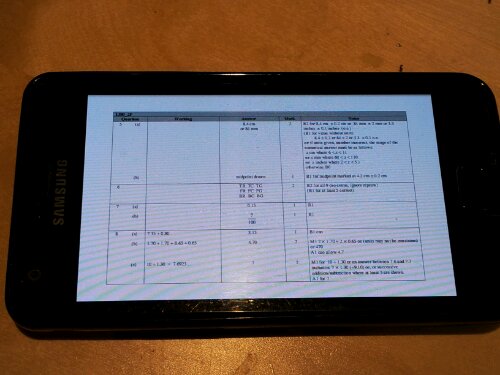A quick idea today.
Most Maths Departments use squared paper exercise books. Great for lots of mathematical concepts, but not constructions.
How many times have you seen a perpendicular bisector drawn using the right angle from the squared paper with some freehand scrawled ‘construction’ lines?
The solution to this topic is so simple – use plain paper. But then they forget to stick in their book or lose it!
The best activity I have used is to use folded A4 plain paper for the whole constructions topic. Pupils must annotate their work with instructions and revision hints. When you finish, you give them a coloured paper or card cover to attach. You could include a printed summary of skills on it.
The final homework is to illustrate the cover of the booklet with their favourite technique or related design.
This task is so easy to do, involves little preparation, creates a useful revision resource and promotes independent learning.
(The diagram is from BBC bitesize website which has some nice revision activities on this)


